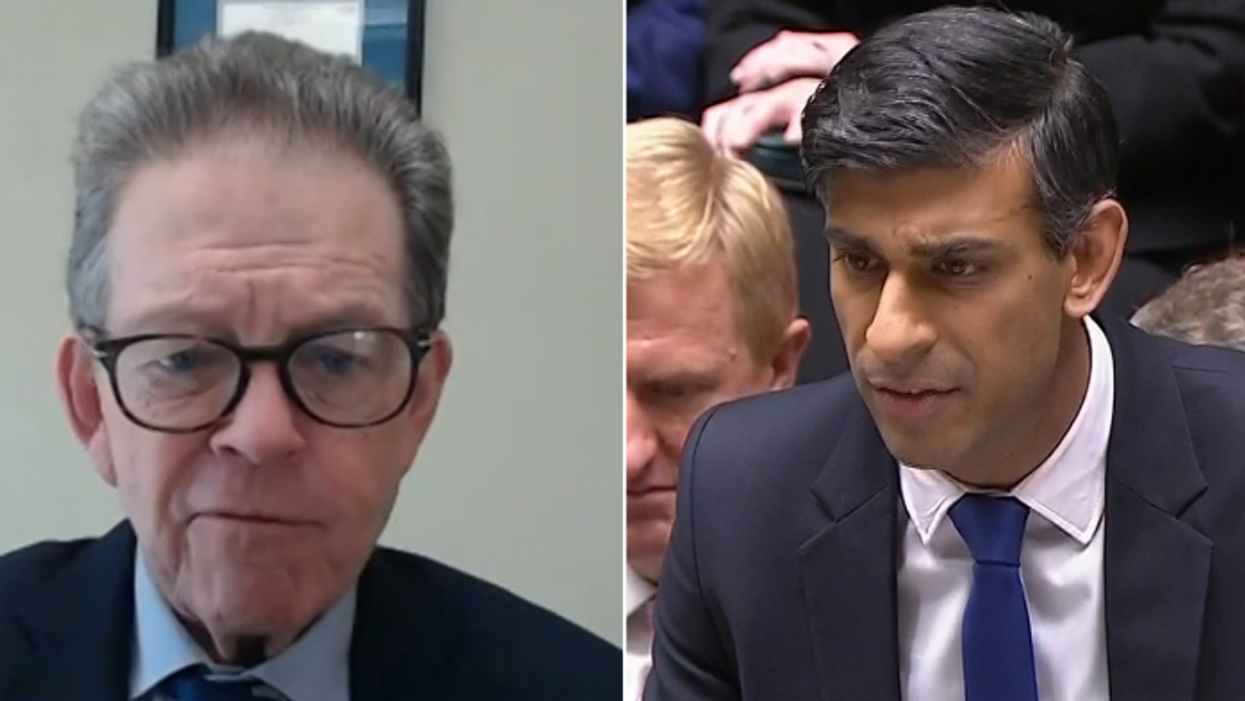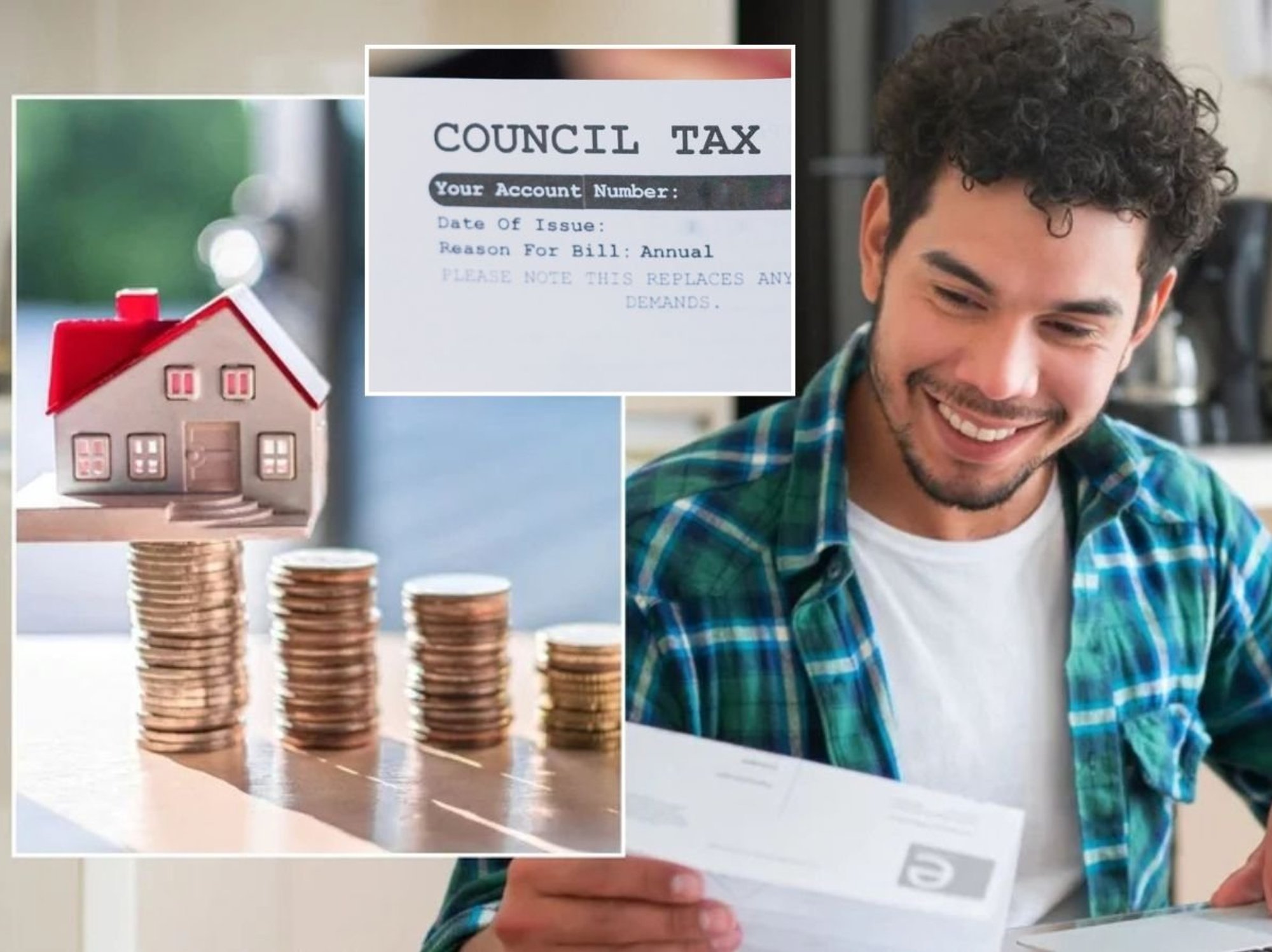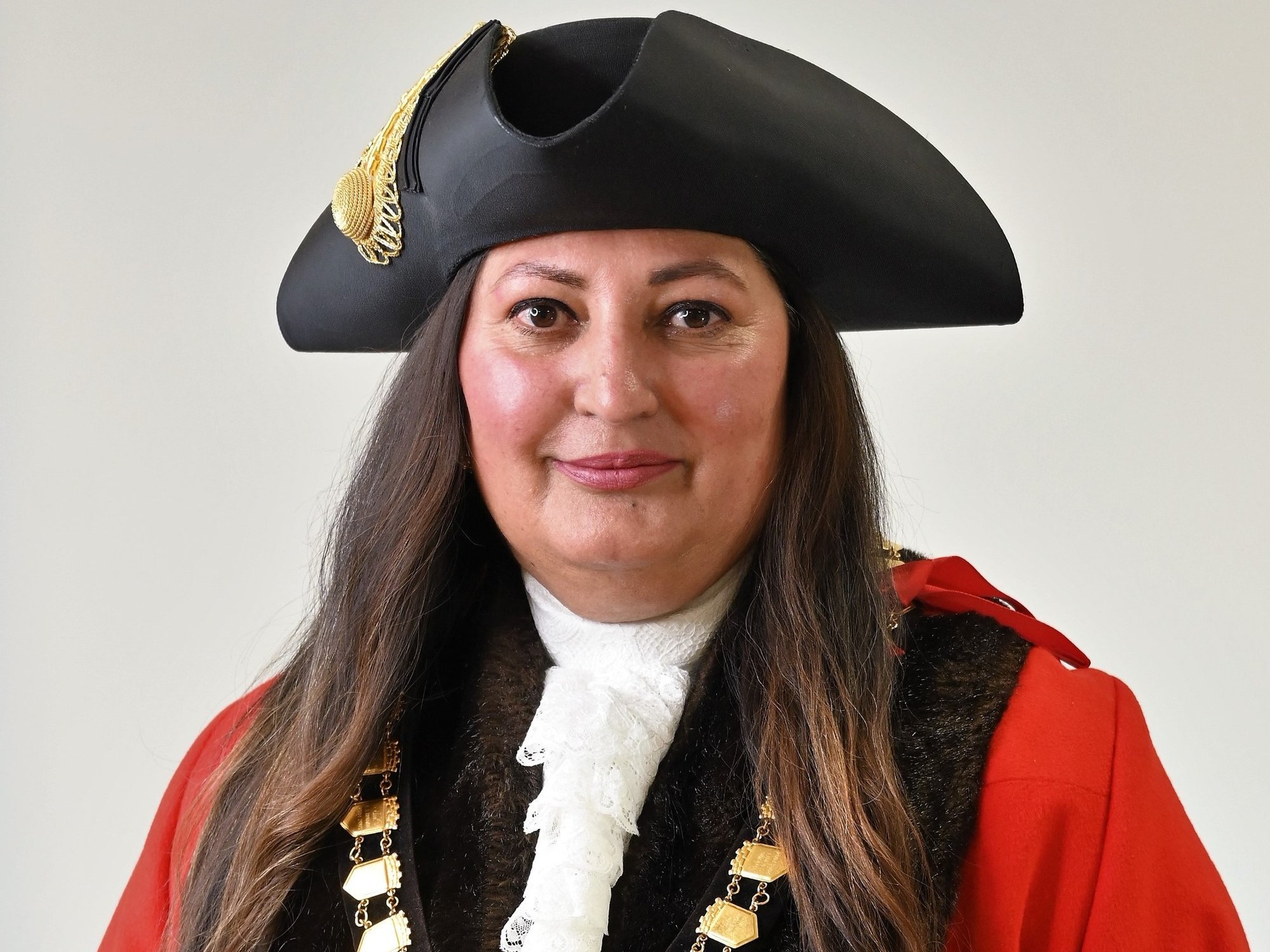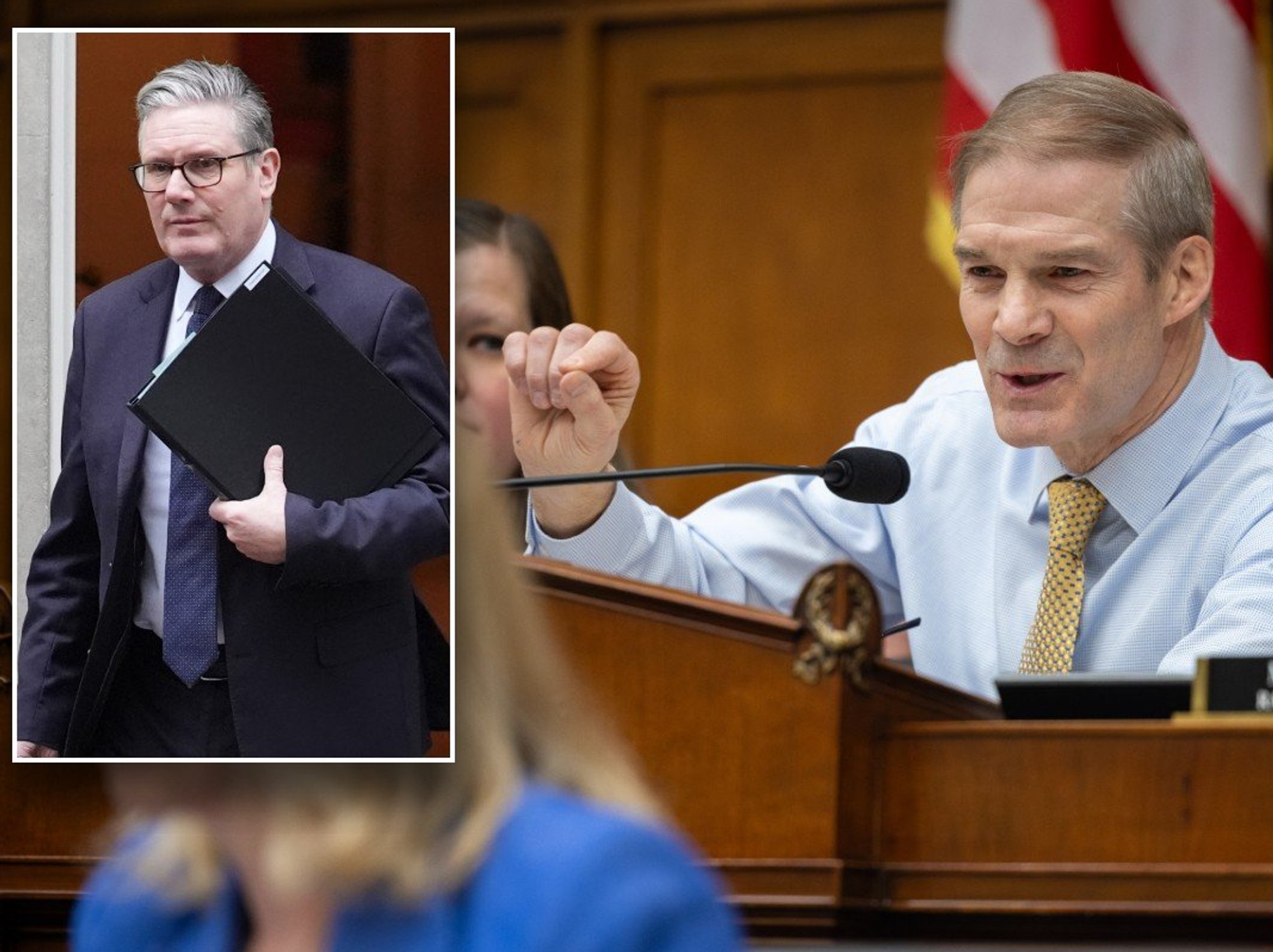Self Assessment tax return deadline fast approaching – how to prepare for HMRC

Self Assessment Tax Return forms need to be completed and sent to HMRC by January 31 or taxpayers could be fined
Don't Miss
Most Read
Latest
Taxpayers are being urged to complete Self Assessment Tax Return forms as soon as possible as the deadline is next month.
Those who are self-employed or have a side hustle need to pay their taxes and complete a Self Assessment every year with the closing date for forms falling on January 31.
Nearly a quarter of self-employed workers will submit their form and January payment a month before the deadline, according to a survey carried out by GoSimpleTax.
However, many individuals are unprepared for what they will need to include in the HM Revenue and Customs (HMRC) form.

The tax deadline is fast approaching
|GETTY
Experts from GoSimpleTax have compiled a checklist of tasks taxpayers should carry out before filling out their Self Assessment form.
The tax experts said:
· Get documents together, including your UTR, National Insurance number, information on untaxed income, record of expenses, and pension and charity contributions.
· Use the HMRC website for guidance if unsure about any part of the form as there are tools which can make the process easier.
· Get ready to complete the tax form as soon as possible and do not leave it until the last minute. Make sure to do it in stages so you are not overwhelmed.
· Declare any Child Benefit you or your partner has received if either one of you has a yearly income of £50,000.
· Do not be stressed if you cannot pay everyone you owe at once. Taxpayers might be able to set up a Time to Pay Arrangement with HMRC.
Mike Parkes, the technical director at GoSimpleTax, said: “The idea that self employed life can be ‘feast or famine’ is one that often sees many self-employed workers concentrating solely on getting their invoices paid, and not always thinking about what comes next.
“This can sometimes mean that there isn’t income put aside for tax, or for other financial security like investments, pensions and savings.
“This can then have a knock on effect so that when the January deadline for self assessment comes round, it can mean scraping together money to pay the amount owed rather than being prepared and having it ready and set aside.”
Those who fail to meet this deadline and pay their taxes on time could have to pay a charge to HMRC.
LATEST DEVELOPMENTS:
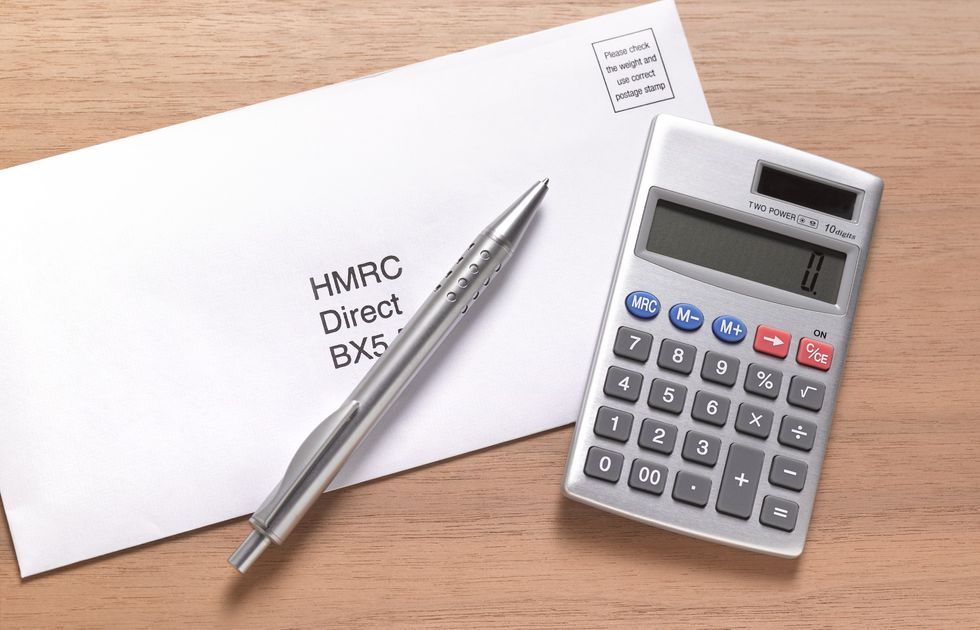
HMRC could charge taxpayers who fail to meet the deadline
|GETTY
Mr Parkes added: “Having control of finances, including paying tax and budgeting, are two of the sides of self employed life that can often be time consuming and draining but they don’t have to be.
“Getting ready for the January 31 deadline can mean taking the headache out of paying tax and help it seem less of a drain on your finances too.”
Tax payments are due for the 2022/23 tax year on January 31, 2024.


